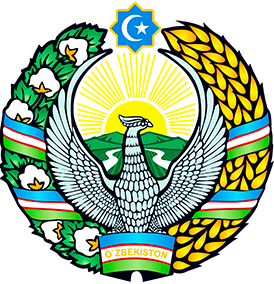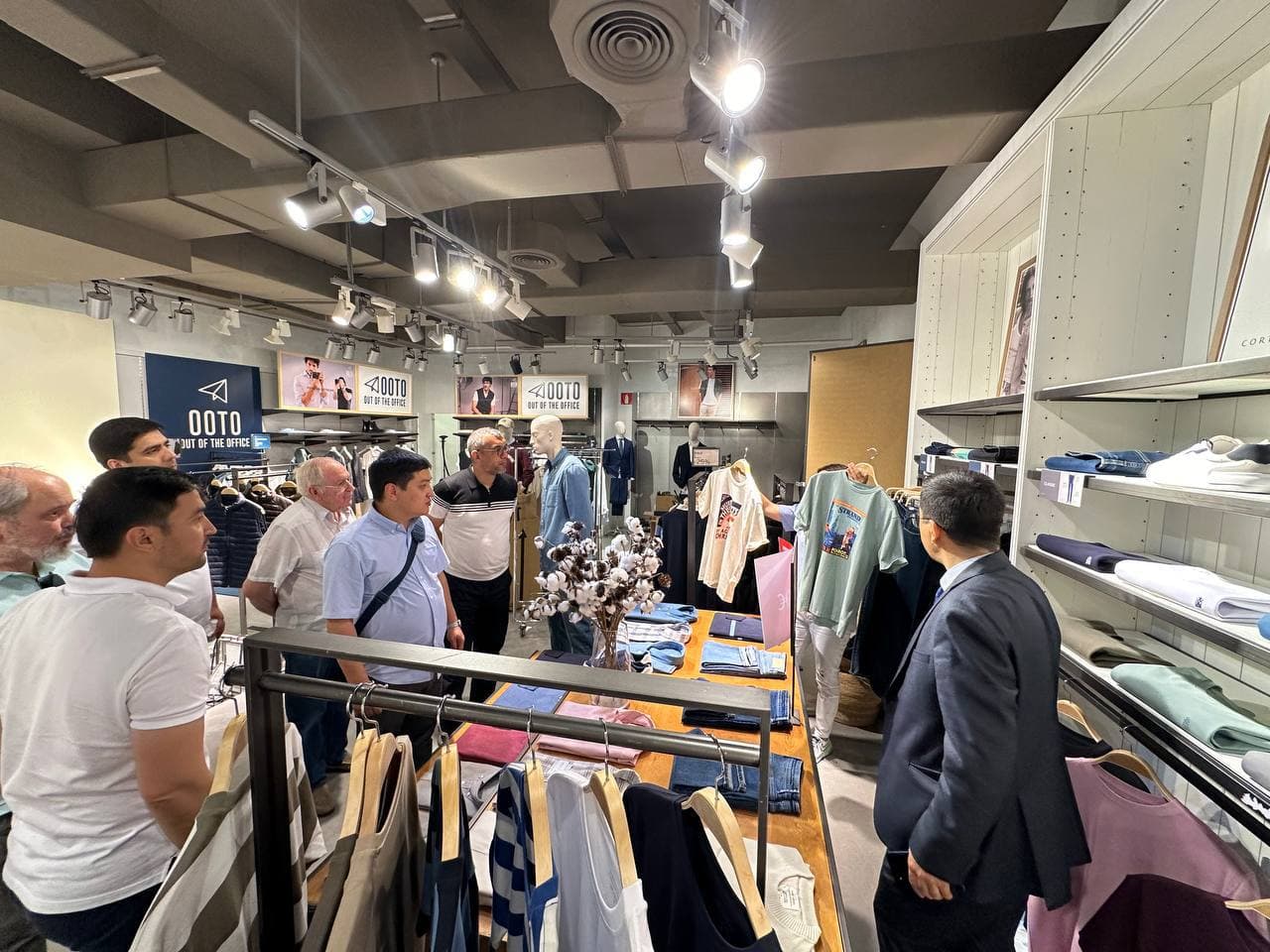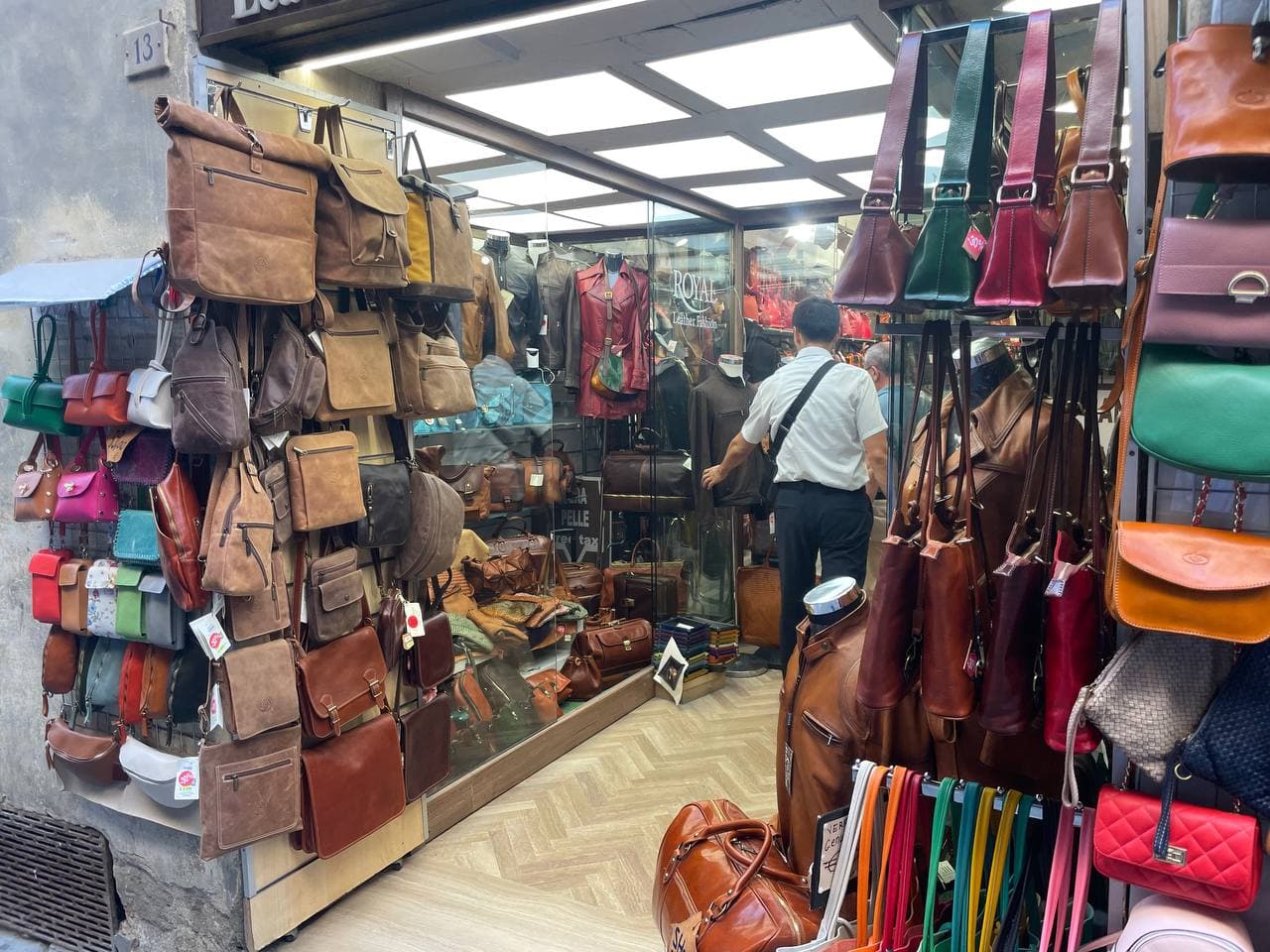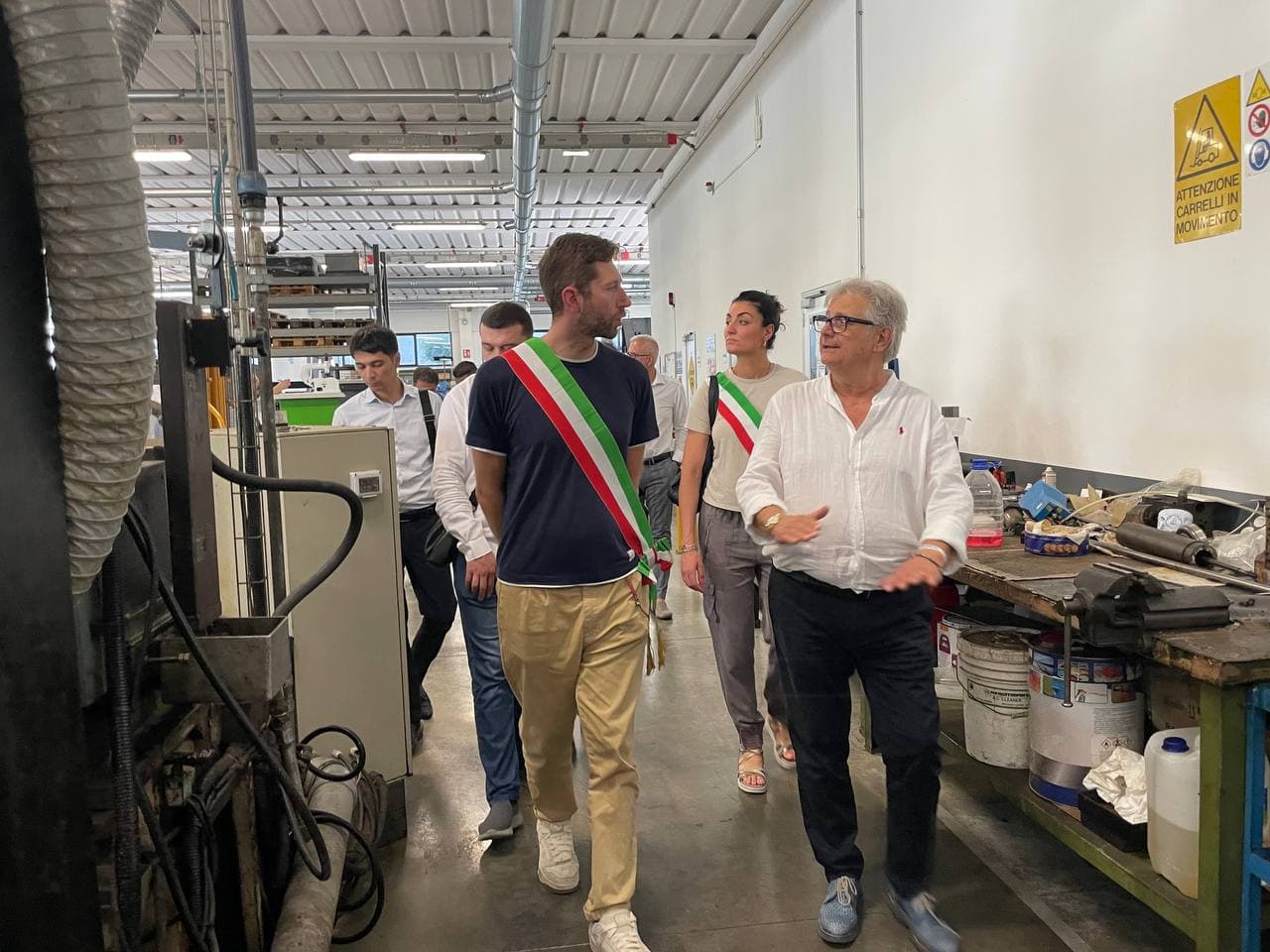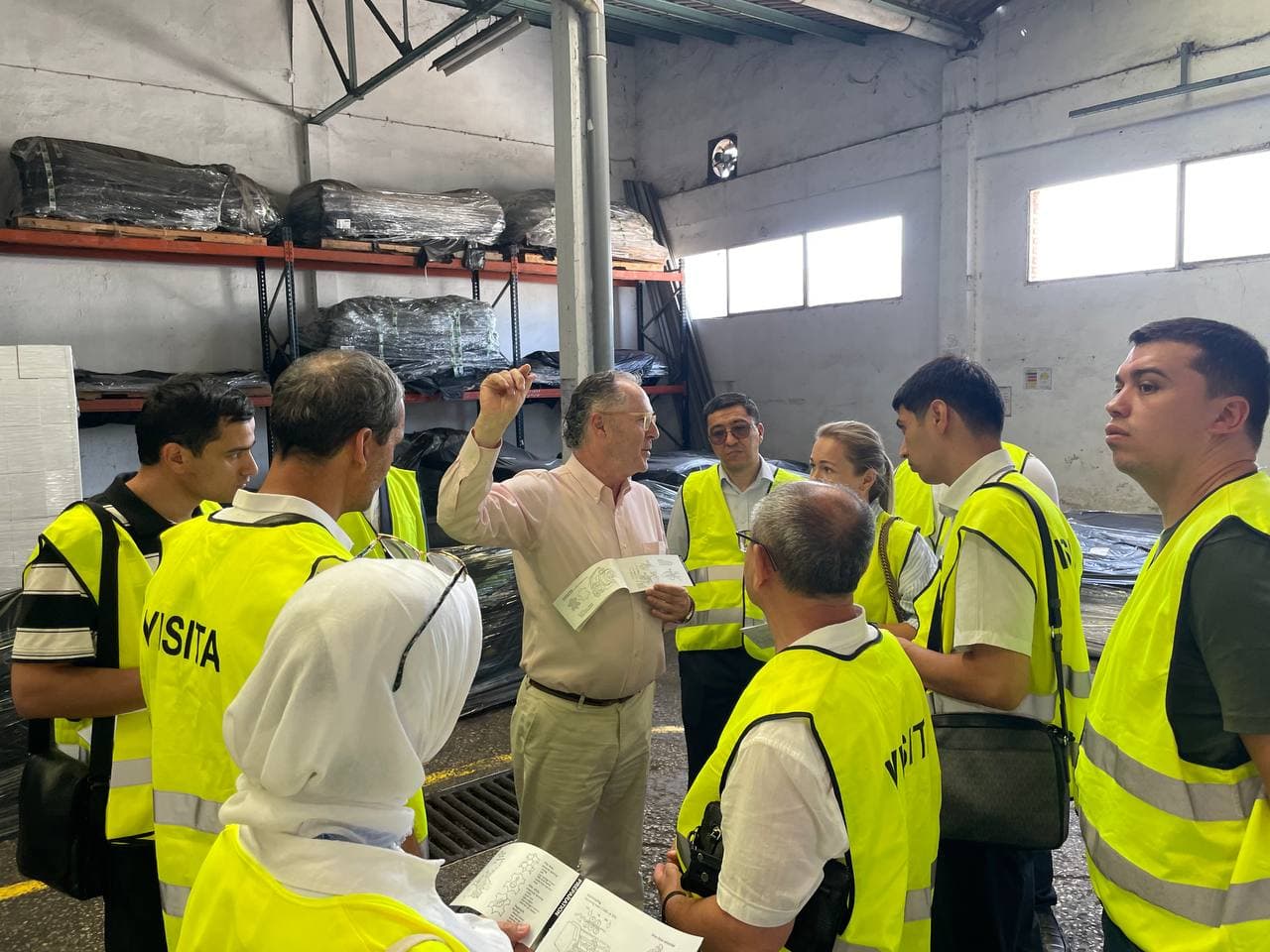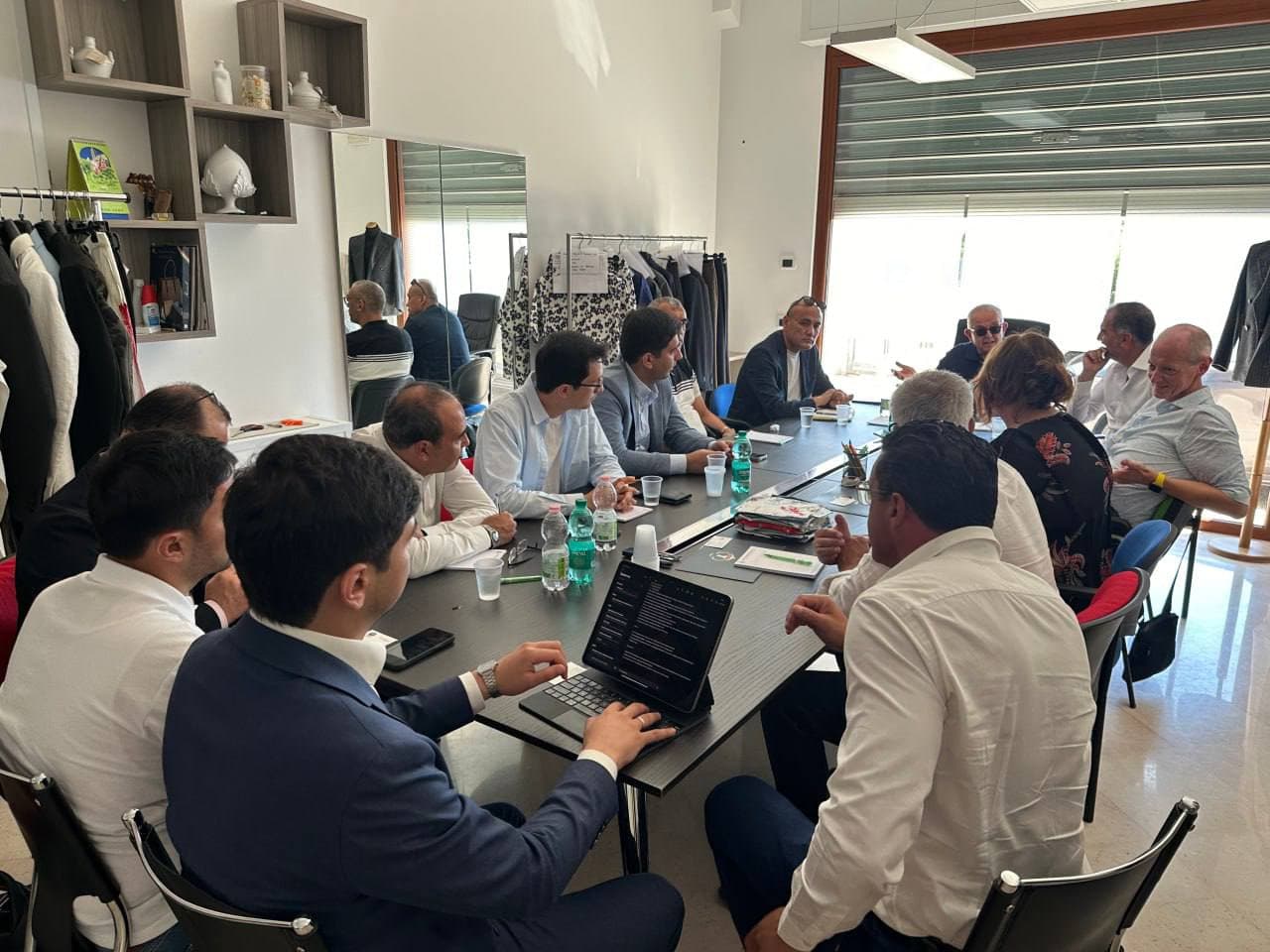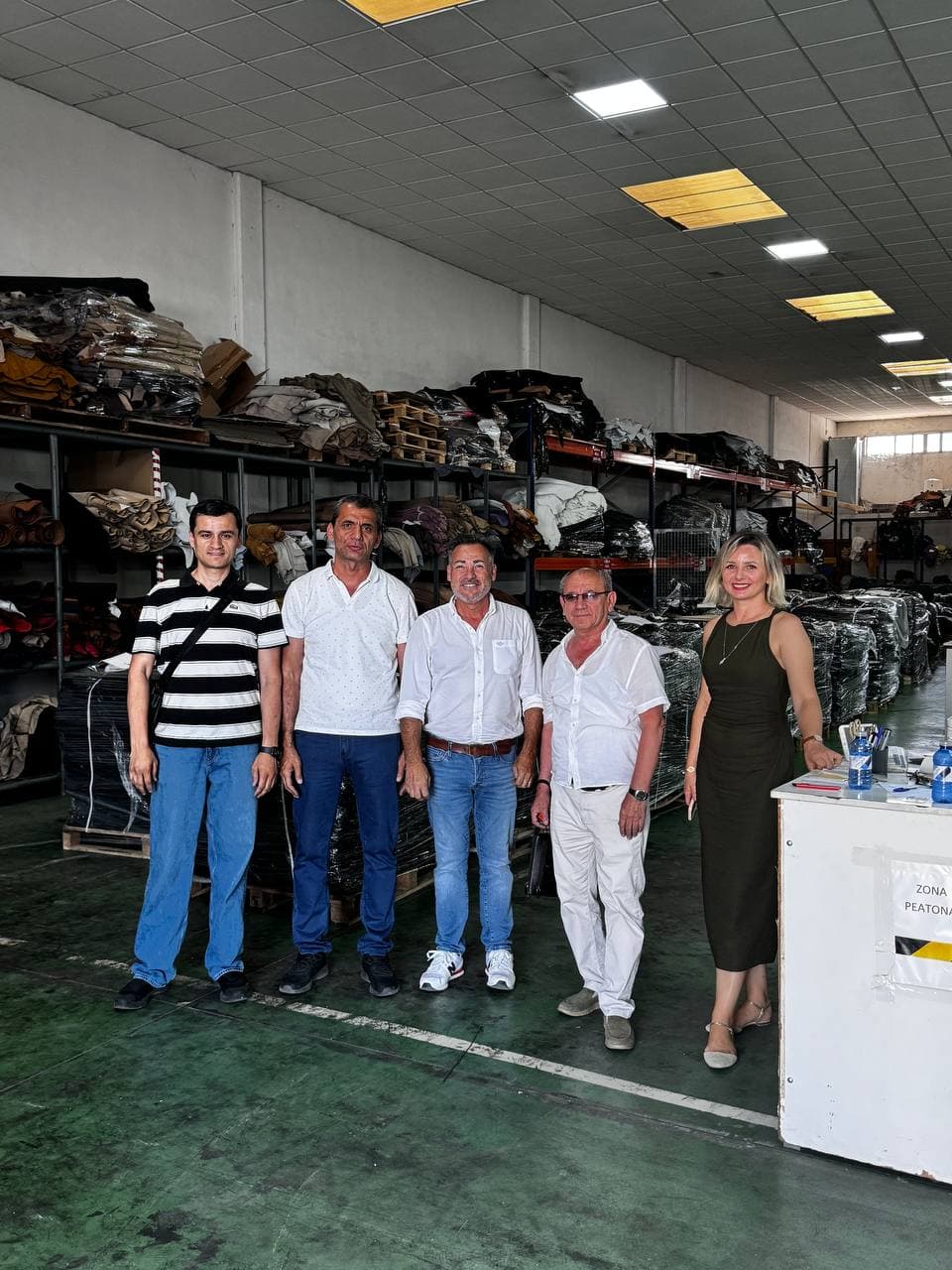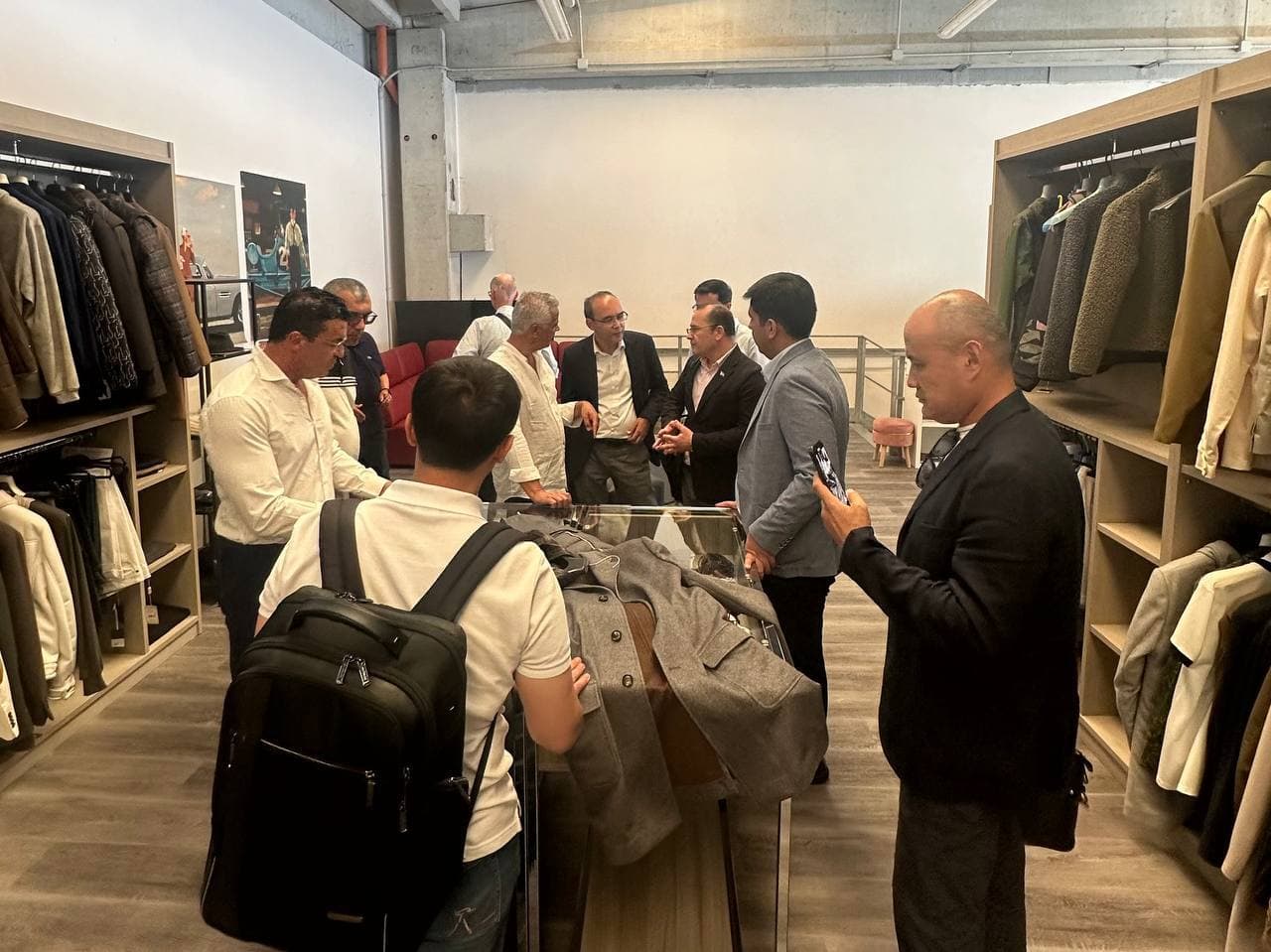МИПТ выводит узбекских экспортёров на рынки ЕС
2024-10-30 09:00:00 / Новости
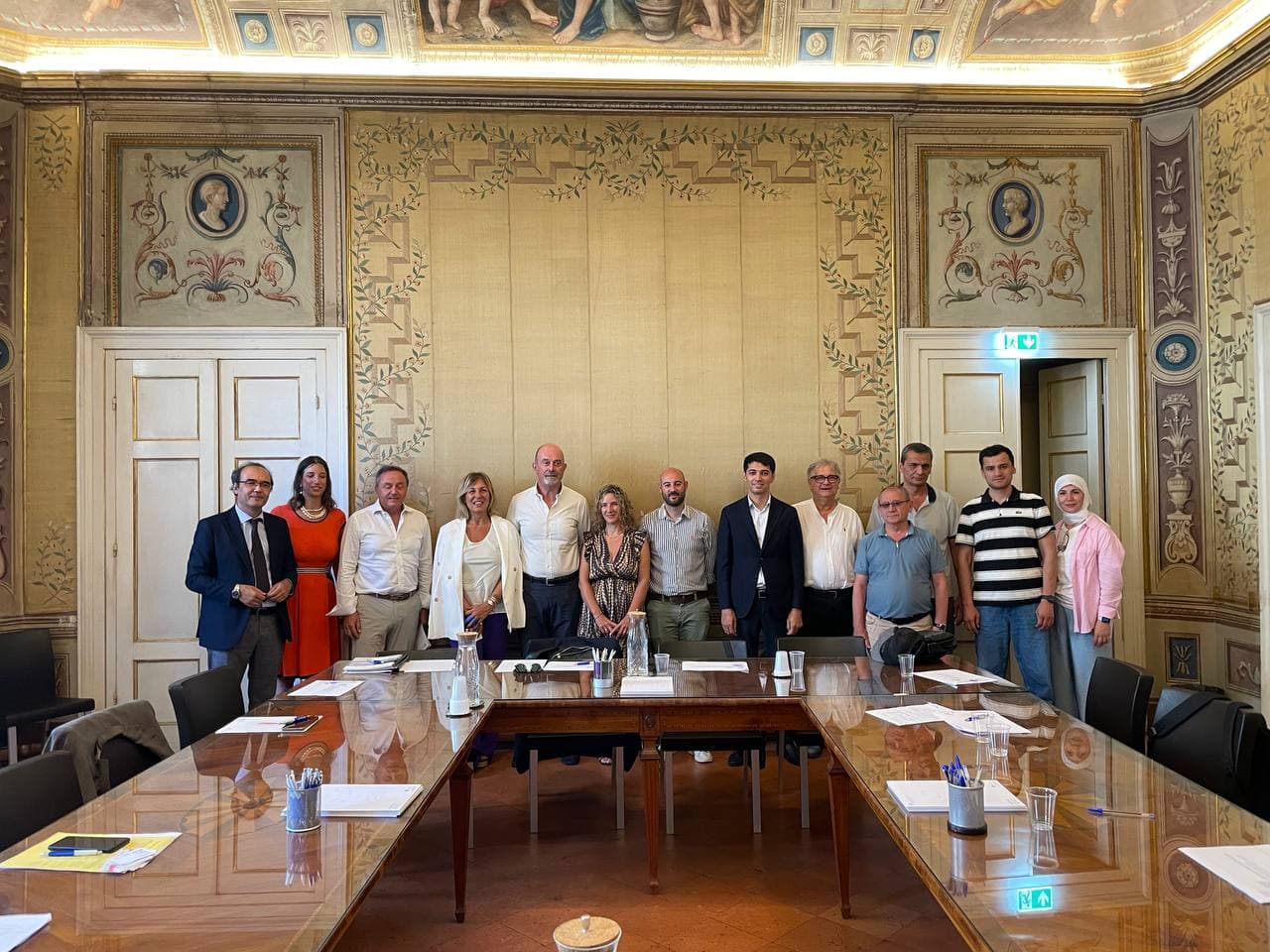
В последние годы Узбекистан занимает всё более активные позиции в мировой торговле. Страна увеличивает объёмы экспорта промышленной и сельскохозяйственной продукции, одновременно наращивая производственные мощности и внедряя инновации, чтобы следовать тенденциям рынка и удовлетворять спросы на востребованную продукцию.
Приоритеты в государственном управлении сменились с надзорных функций на задачи по всесторонней поддержке бизнеса, создания максимально благоприятных условий для производственной и экспортной деятельности. Последнее включает в себя комплексные подходы к диверсификации транспортных коридоров, изучение и выход на новые рынки сбыта местной продукции.
Одно из крупных направлений, осваиваемых сегодня узбекскими производителями – это страны Европейского Союза. Узбекистан – одна из немногих стран, имеющих льготный выход на рынки европейских стран в рамках Всеобщей системы преференций GSP+, которая позволяет стране беспошлинно ввозить в страны ЕС 6000 видов товарных позиций.
Узбекские предприниматели активно пользуются предоставленными возможностями, с каждым годом наращивая объёмы экспорта. Только в январе-сентябре этого года в страны Евросоюза было экспортировано товаров на 1,047 млрд долларов. Это на 33% больше аналогичного периода прошлого года. Лидирующие позиции товаров, экспортированных по программе GSP+ занимают готовые трикотажные изделия, чулочно-носочные изделия, электротехническая и химическая продукция.
Спрос на узбекские товары варьируется в зависимости от страны назначения. Так, например, электротехническая продукция с лейблом Made in Uzbekistan пользуется популярностью в Польше, Бельгии, Нидерландах и Финляндии – более чем 10 -кратный рост объёмов поставок. Текстильные товары предпочитают в Германии, Бельгии и Португалии, в которые также отмечено кратное увеличение поставок. Наши фрукты и овощи любят в Польше и Болгарии, цветочную бумагу предпочитают в Нидерландах, продукцию химической промышленности в Латвии.
Достигнутые результаты – блестящая вершина айсберга, подводная часть которого включает в себя большую, кропотливую командную работу по прямой поддержке экспортёров. В частности, с января по сентябрь в рамках национальной системы поддержки экспорта в целях увеличения поставок на европейские рынки 36 предприятиям предоставлены 4,2 млрд сумов для участия на международных выставках и ярмарках, 5 миллионов долларов выделено на покрытие расходов по оплате страховых взносов 10 предприятий, 44,7 млн долларов выделено на внедрение международных систем стандартизации и сертификации, 530 тысяч долларов предоставлено 6 предприятиям для проведения презентаций и рекламных кампаний.
В итоге 24 новых предприятия экспортировали продукцию в ЕС на 25 млн долларов, а общее количество экспортеров превысило 560 компаний. Впервые начат экспорт женской одежды в Италию, винограда – во Францию, грецких орехов – в Хорватию, бытовую технику – в Финляндию, носочно-чулочных изделий – в Болгарию.
Большую роль в процессе наращивания экспорта сыграла организация Министерством инвестиций, промышленности и торговли визита владельцев предприятий кожевенной и текстильной промышленности и бизнес-миссий для проведения переговоров с крупными торговыми сетями и компаниями Португалии, Италии, Испании, Германии и Польши.
Узбекские производители провели переговоры с главами компаний Alba Tessile, T.I.S., Ametlab, ItalTex, Sartoria La Torre va SI Group, Rossorame, Weitblick, WLL Gmb, El Corte Inglés, Tendam, Gedepsa, ACIR Southern Europe, Gedepsa, ACIR Southern Europe, El Corte Ingles, Tendam, LEGS, PPHU JOLA-STYL, Colorinvest va Arlen, Textile Group.
Достигнуты договорённости о поставках готовой текстильной продукции и тканей, проработаны вопросы логистики, хранения, сертификации, контроля качества, создания совместного итальянско-узбекского бренда, работы с европейскими платформами электронной коммерции, создания узбекских торговых домов в ЕС.
Аналогичные договорённости достигнуты производителями кожевенной продукции с партнёрами из ЕС – организациями CTIC, APIC, Confidustria Toscana Sud, Cámara de Comercio de Valencia, компаниями Aquitex, CEPSA, Alidata, Mapril ION Exchange, VentilaQUA, Desotec, Jose maria & filhos Tanned Group, Incusa.
Первичные итоги миссии – в рамках подписанных договоров за последние 2 месяца увеличен экспорт кожевенной промышленности в Италию, Болгарию, Польшу, Австрию и Германию.
Министерство продолжает работу по увеличению экспорта продукции отрасли посредством широкого распространения местной продукции на европейских рынках. Планируется организация очередной бизнес-миссии предпринимателей.
Проводятся комплексные маркетинговые исследования для увеличения объемов экспорта в более чем 10 стран Евросоюза, в регионах республики организуются семинары и тренинги по требованиям к импорту плодоовощной и пищевой продукции на европейские рынки.
